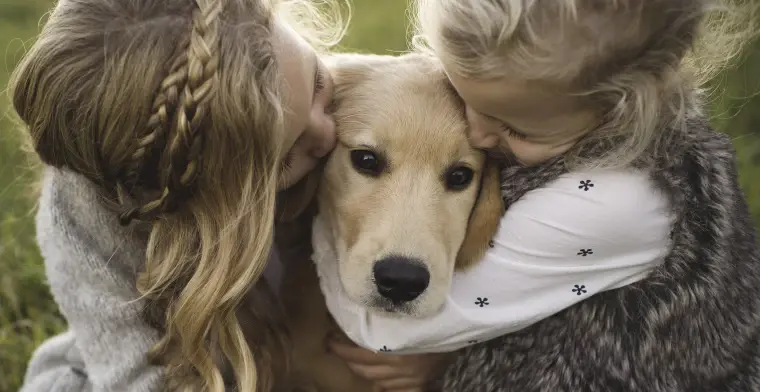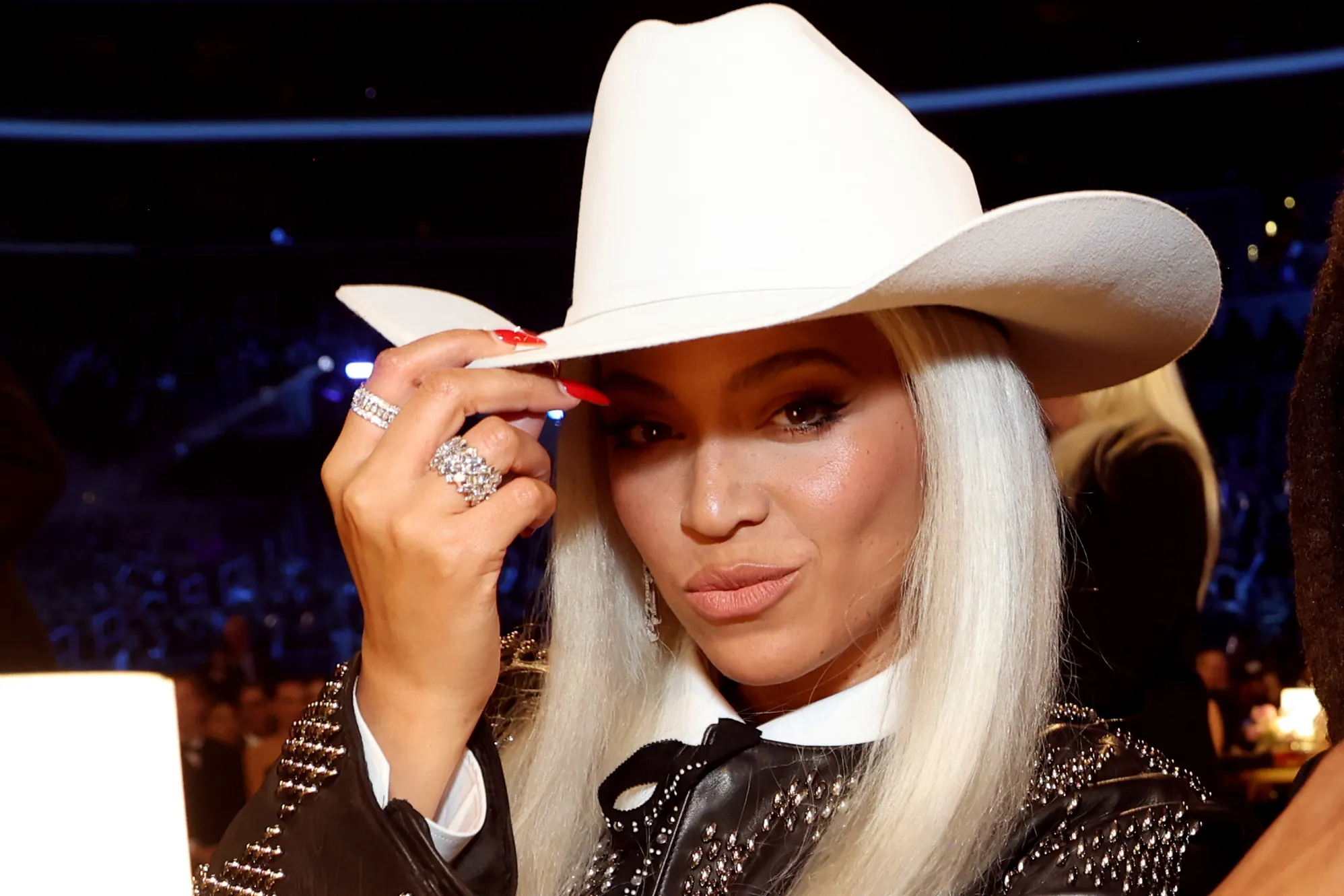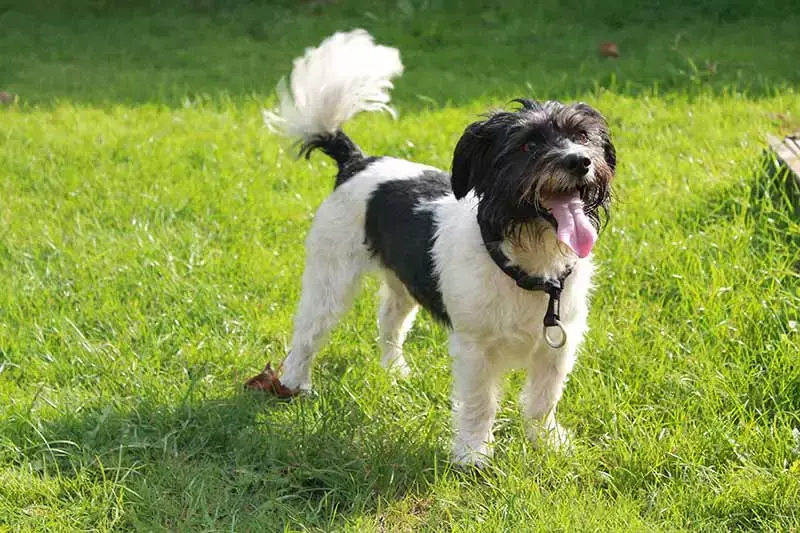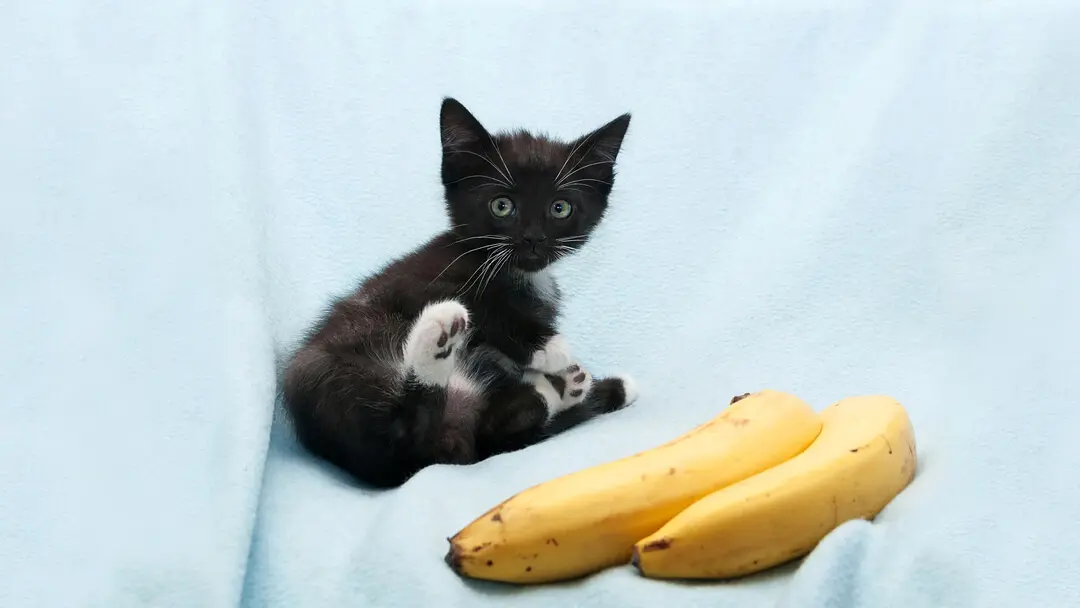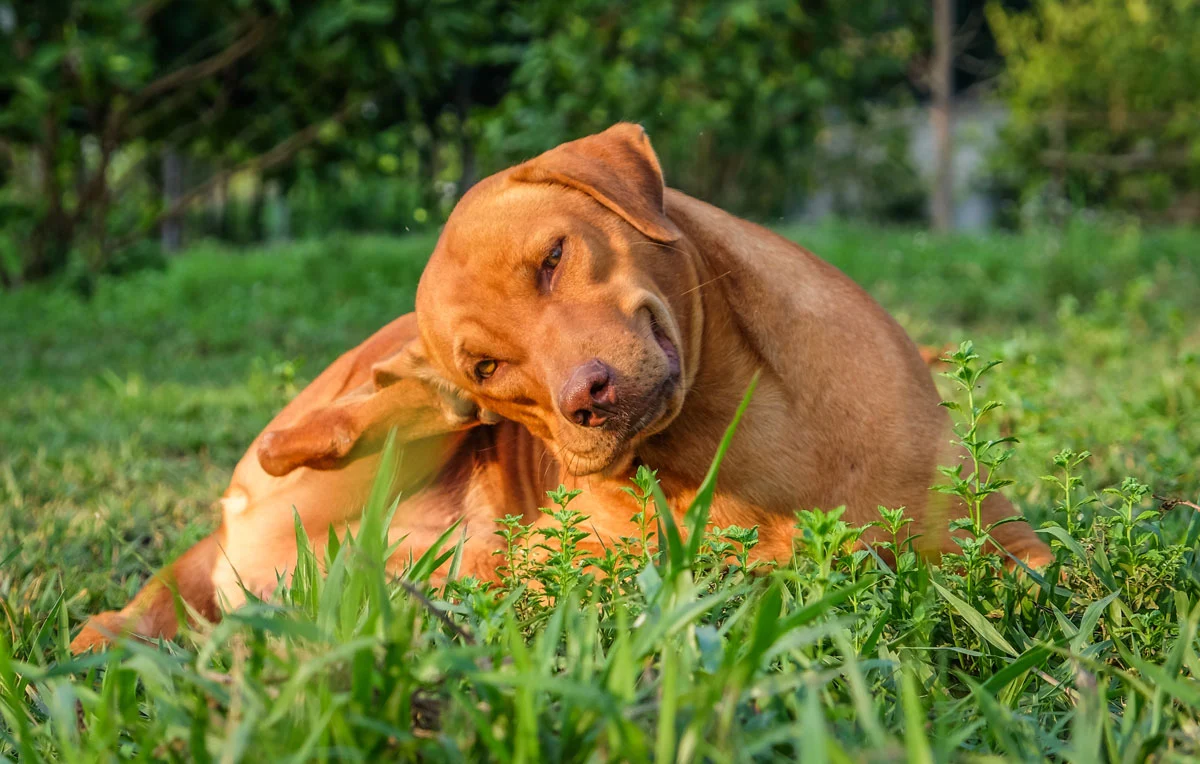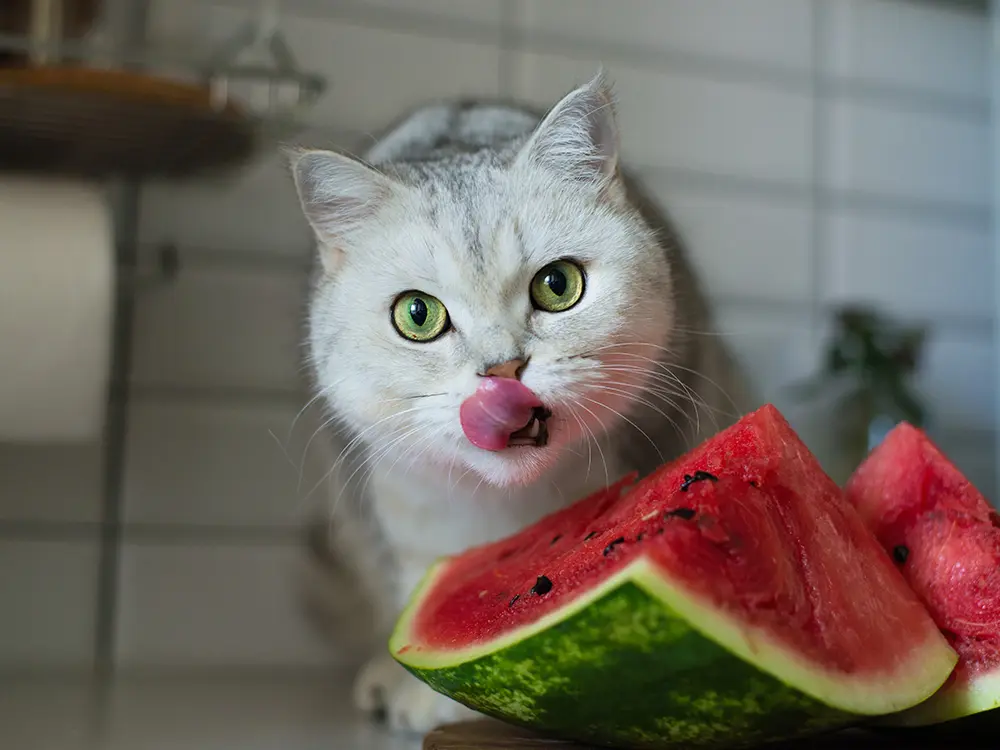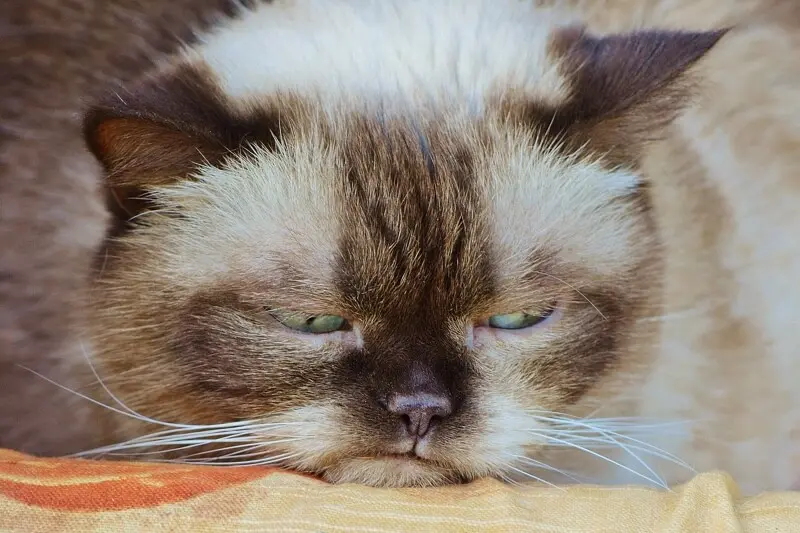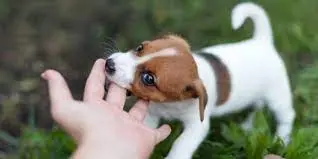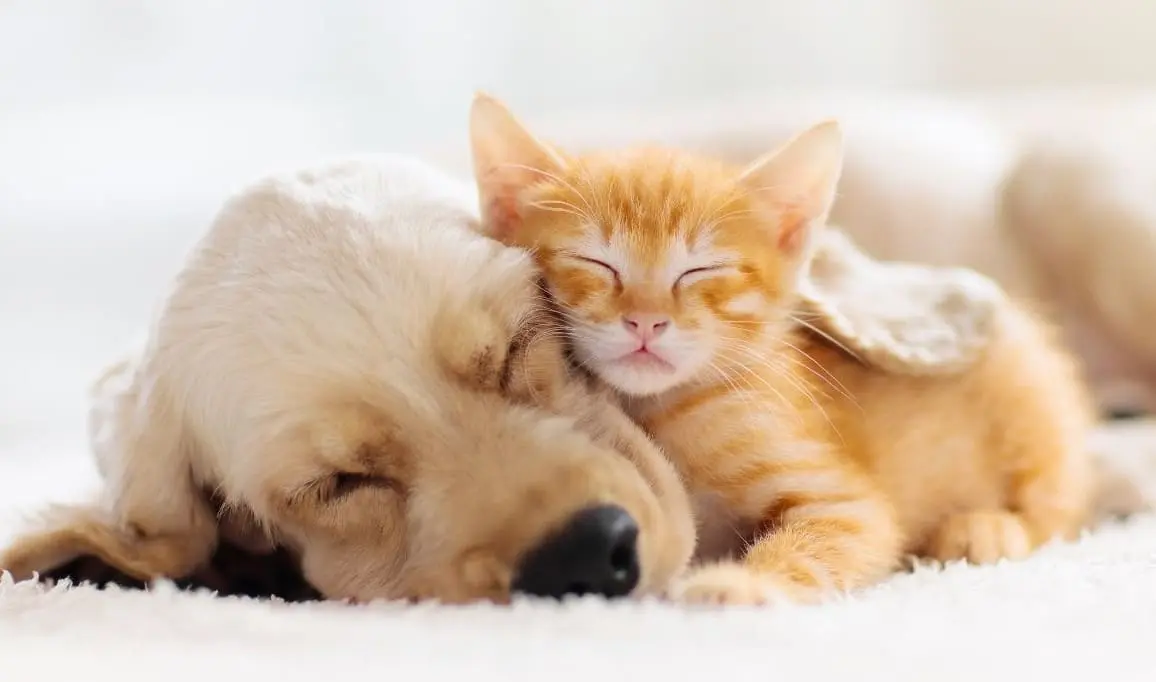
Feeding your puppy and kitten properly is essential for their growth, development, and overall health. As young animals, puppies and kittens have unique nutritional needs that must be met to ensure they thrive. Here are some essential nutrition tips to help you provide the best diet for your furry companions:
Choose High-Quality Food: Selecting a high-quality pet food is crucial for providing essential nutrients to your puppy or kitten. Look for products labeled as "complete and balanced" to ensure they contain all the nutrients required for optimal growth. Check the ingredient list and prioritize foods with whole meats, such as chicken, beef, or fish, as the primary ingredients, rather than fillers or by-products.
Consider Age-Specific Formulas: Puppies and kittens have different nutritional requirements than adult dogs and cats. Opt for age-specific formulas designed to meet the needs of growing animals. These formulas typically contain higher levels of protein, fat, vitamins, and minerals to support healthy development. Follow feeding guidelines provided by the manufacturer based on your pet's age, weight, and activity level.
Provide Proper Portions: Avoid overfeeding or underfeeding your puppy or kitten, as both can have negative consequences for their health. Follow portion recommendations provided on the pet food packaging or consult with your veterinarian for personalized feeding guidelines. Monitor your pet's body condition score and adjust portion sizes as needed to maintain a healthy weight.
Establish a Feeding Schedule: Establishing a regular feeding schedule helps regulate your puppy or kitten's metabolism and digestive system. Offer meals at consistent times each day, typically two to four times for puppies and three to four times for kittens, depending on their age. Avoid free-feeding, as it can lead to overeating and obesity. Remove uneaten food after each meal to prevent spoilage.
Introduce New Foods Gradually: When transitioning to a new type of food or introducing treats and table scraps, do so gradually to avoid digestive upset. Start by mixing a small amount of the new food with their current diet and gradually increase the proportion over several days. Monitor your pet for any signs of gastrointestinal discomfort, such as diarrhea or vomiting, and adjust accordingly.
Provide Fresh Water: Ensure your puppy or kitten has access to fresh, clean water at all times. Hydration is essential for proper digestion, nutrient absorption, and overall health. Clean your pet's water bowl regularly and refill it throughout the day to encourage adequate water intake.
Limit Treats and Table Scraps: While occasional treats can be a fun way to reward your puppy or kitten, they should not constitute a significant portion of their diet. Limit the intake of treats and table scraps to prevent nutritional imbalances and excessive calorie intake. Choose healthy, nutrient-rich treats made specifically for puppies and kittens.

